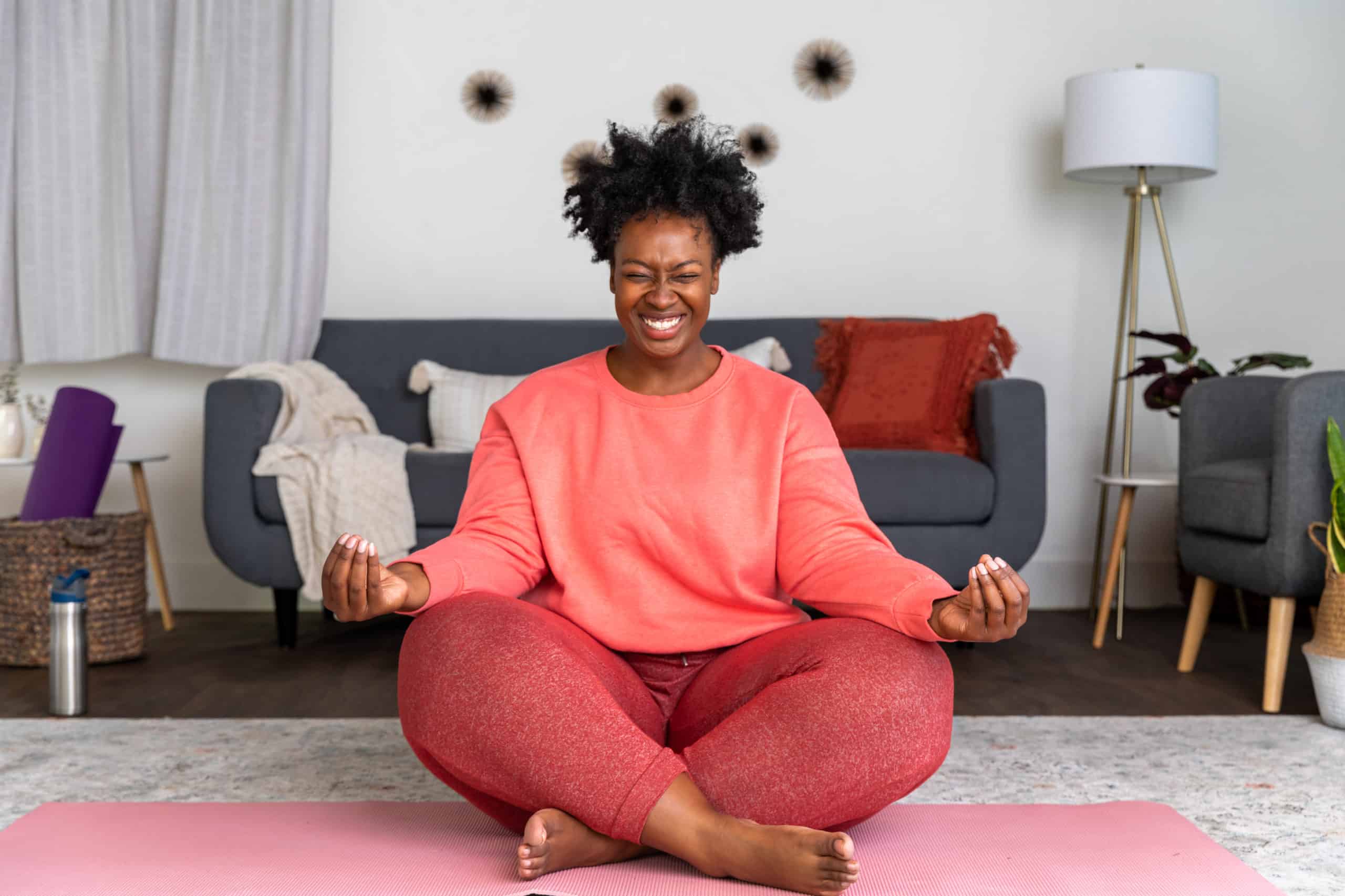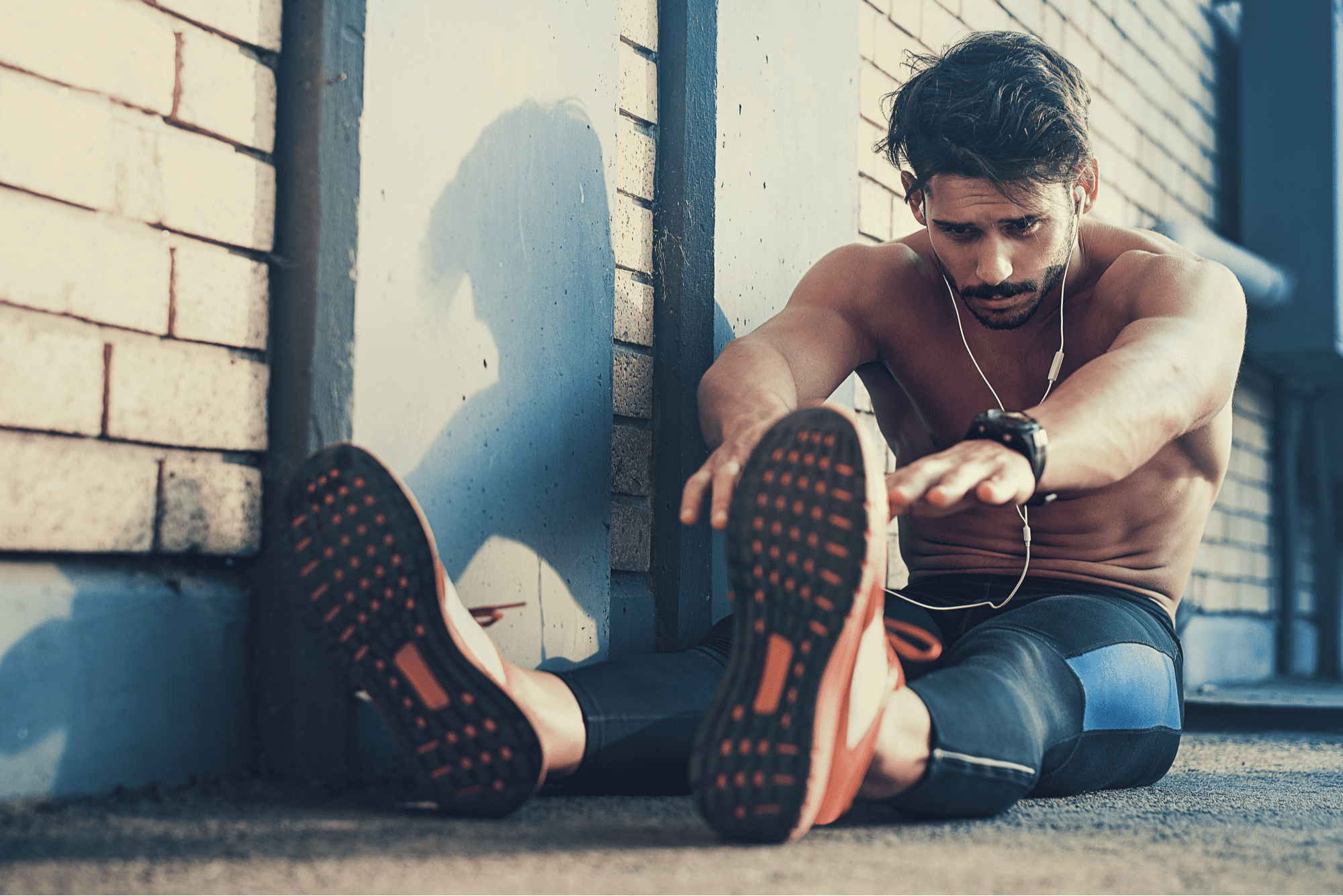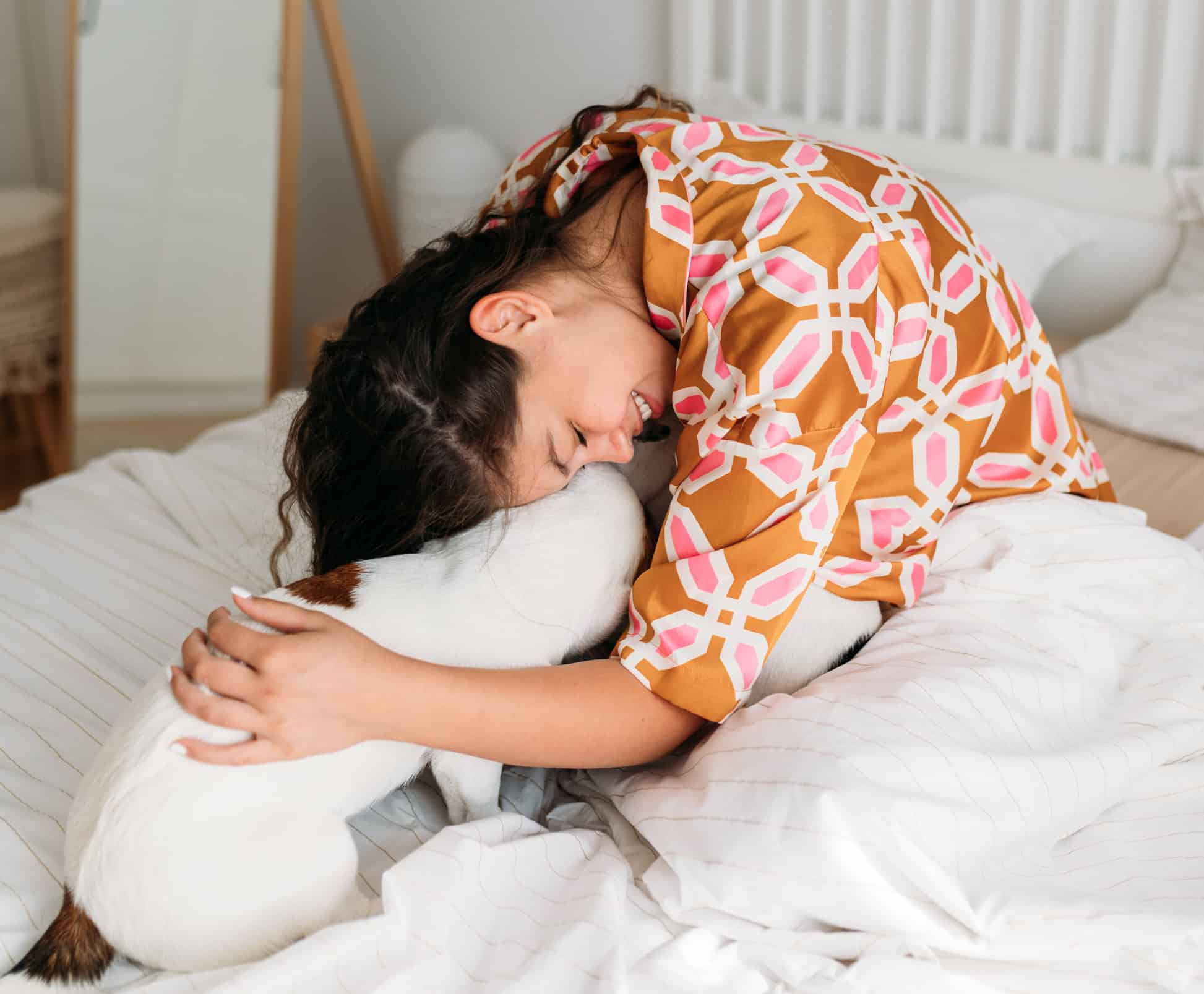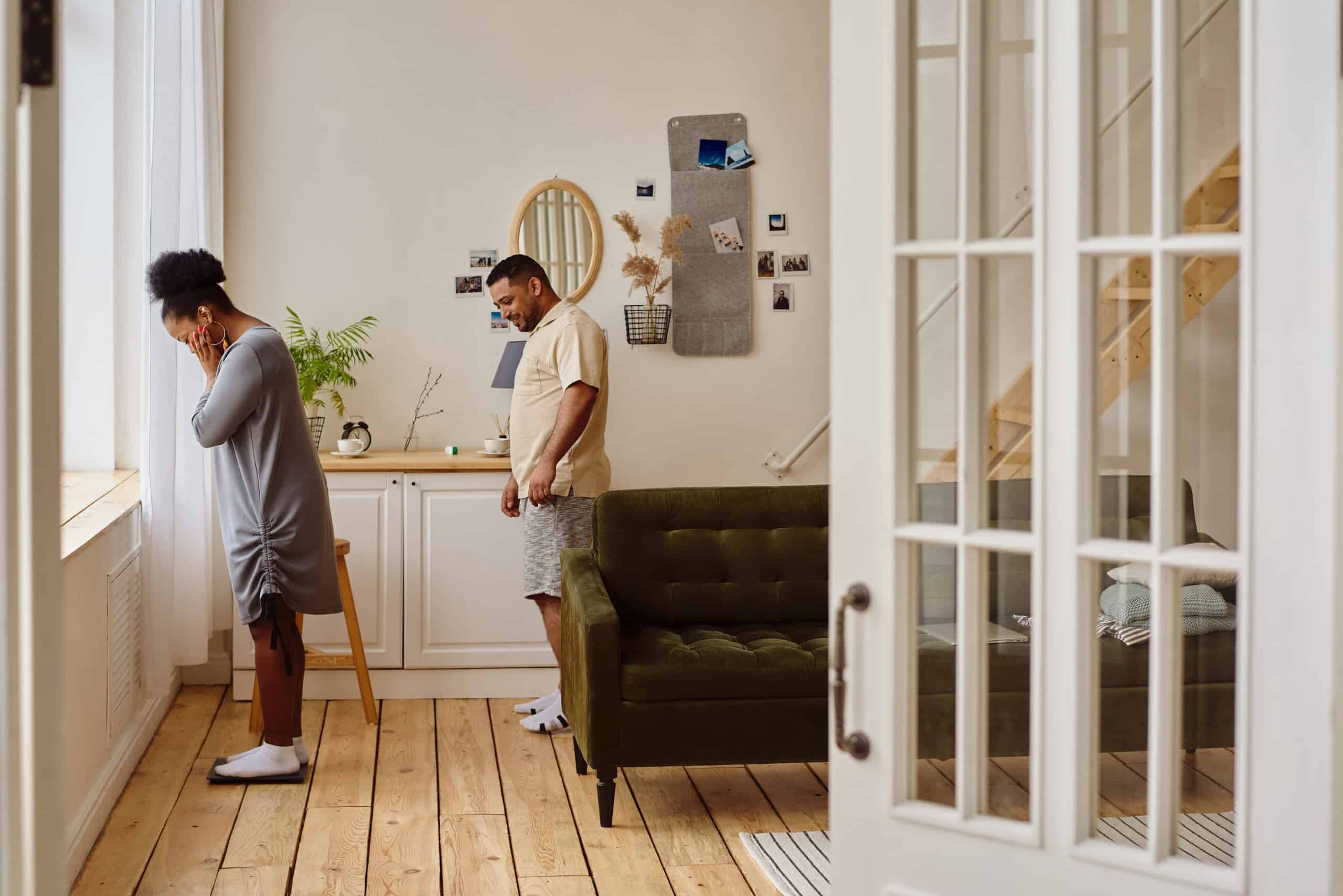The sleep series: choose from these six nighttime routines to fall asleep more easily
Your head hits the pillow, you’re delighted to close your eyes, and then two minutes go by, and then five minutes, and then maybe thirty minutes, and then what feels like an eternity. Whether it’s recalling stressful situations from earlier in the day, thinking about what you have to do tomorrow, or just mysteriously feeling very awake, your day just won’t end because your body is taking what seems like ages to fall asleep. It’s probably one of the most frustrating ways your day can end.
Getting adequate sleep is an important part of any health journey. And the faster you can fall asleep, the easier it’ll be to get the amount of sleep you need to feel rested in the morning. In the first article in our sleep series, we talked about calculating your sleep opportunity to ensure you’re getting the right number of Z’s for you. In this next edition, we’re sharing the six best things you can do at night to fall asleep faster—and feel great come morning.
- Change into sleep clothes. The fabric of your pajamas and bedding can impact your sleep. Research shows that wearing wool versus cotton, for example, reduces the amount of time it takes to transition from being up to being out cold. Now you have yet another reason to explore the plethora of delightful PJs that 2022 has to offer.
- Take a warm bath or shower. Your body cools down as you go to sleep, and being too warm can keep you up or even wake you up in the middle of the night. After a warm rinse, you’ll experience a cooling that will help your body get into sleep mode.
- Listen to relaxing music. Biologically speaking, late night is not an ideal time for certain kinds of music—a catchy hook can inject itself into your mind and keep you awake. This is true even if you listened to it much earlier in the day! Luckily, there’s tons of sleep music available online, so click around and find some somnolent sounds that’ll help you wind down. Soothing music can even help you sleep more deeply once you’re snoozing.
- Put down or turn off electronic devices 45 minutes before you go to sleep. Easier said than done, especially if you tend to finish your days with an episode of Netflix or only go to sleep after TikTok warns you that you’ve been scrolling for an hour and half. (We know TikTok does this because we’ve done, er, scientific research.) But really, screens can make it harder to fall and stay asleep. The blue light they emit suppresses melatonin, a hormone that helps regulate your sleep cycle. Tearing away from your phone, TV, or computer can be hard, but you will sleep and feel so much better. If this feels too daunting right now, consider getting a pair of blue light–blocking glasses to reduce the impact that screens have on your sleep.
- Write down some positive things that happened during the day. It’s very common for people to feel their minds racing when they slow down at the end of the day. Many people experience stressful or anxiety-producing thoughts from the day, or about tomorrow. Writing down positive thoughts, emotions, or situations is a powerful way to create feelings of gratitude, and promote relaxation and deeper sleep, to boot.
- Try to go to sleep at the same time every night. (We saved the hardest one for last; don’t hate us.) Your body loves a routine. That’s why habits are hard to break and why new ones are hard to create. When you hit the hay at the same time nightly, that’s a routine—your internal clock will adjust, and it’ll be easier to fall asleep at your chosen bedtime. Calculate your sleep opportunity to choose a bedtime that’ll get you 7–9 hours of being asleep. Your body will thank you.
Lesser known fact: Sleep can have a direct and indirect impact on your ability to lose weight. Next week in our sleep series, we’ll take a look at the associations between the two.





